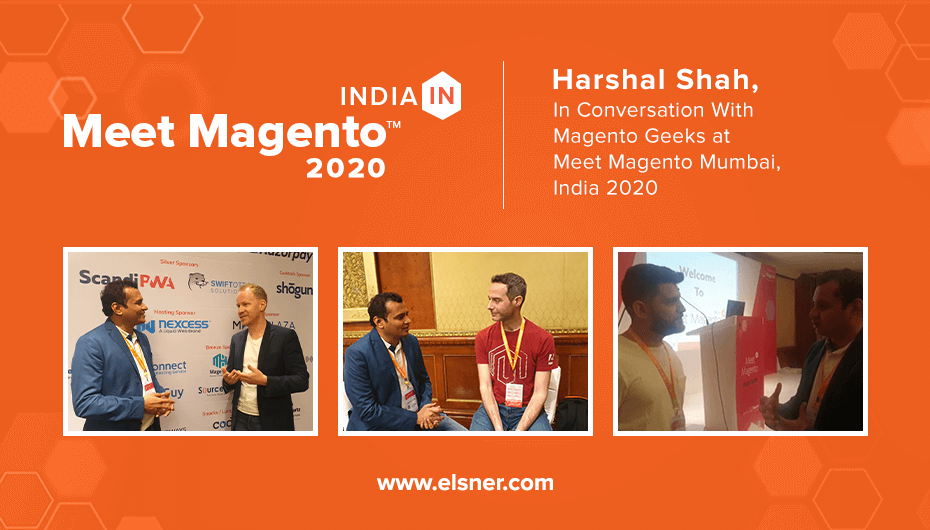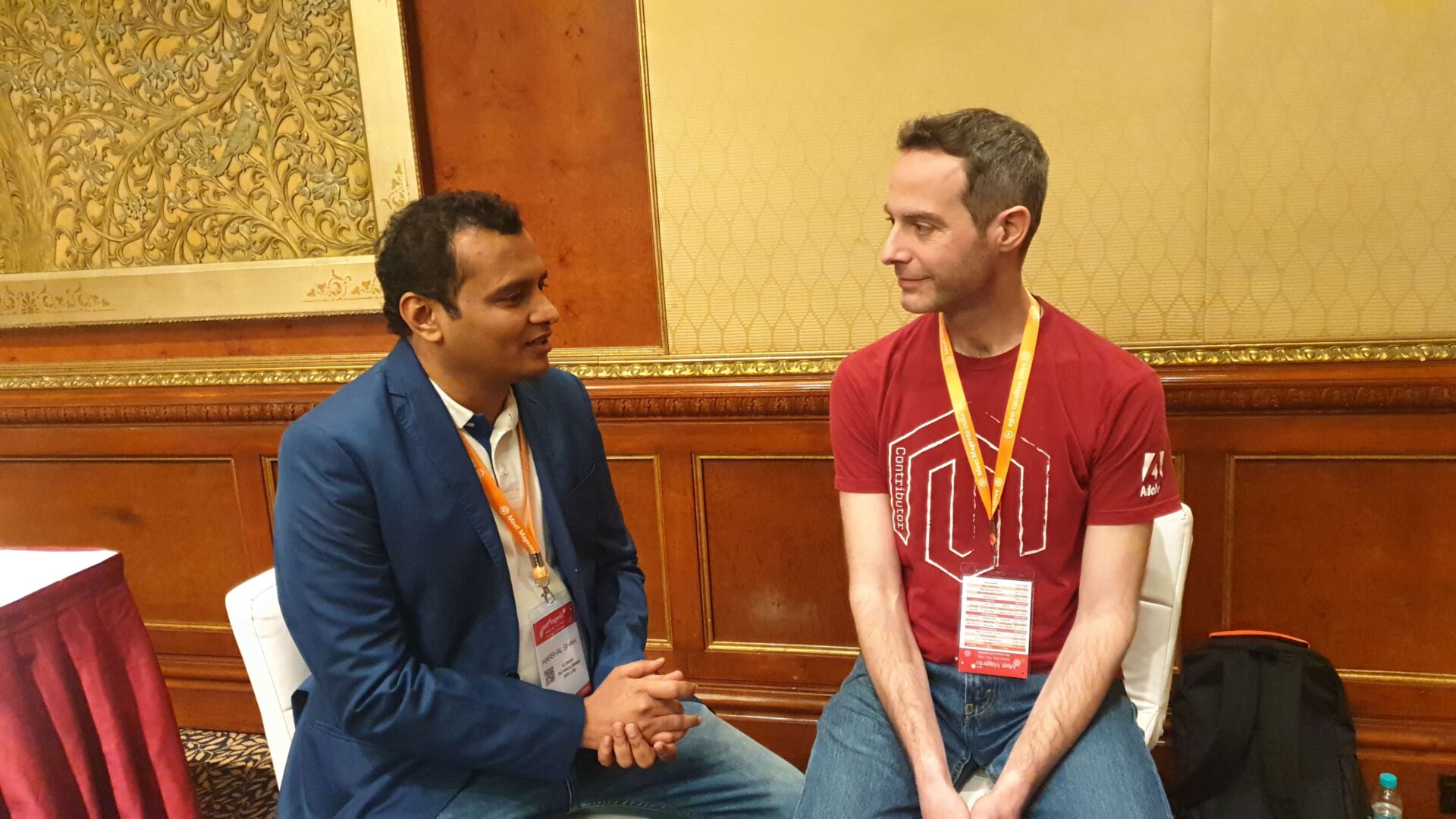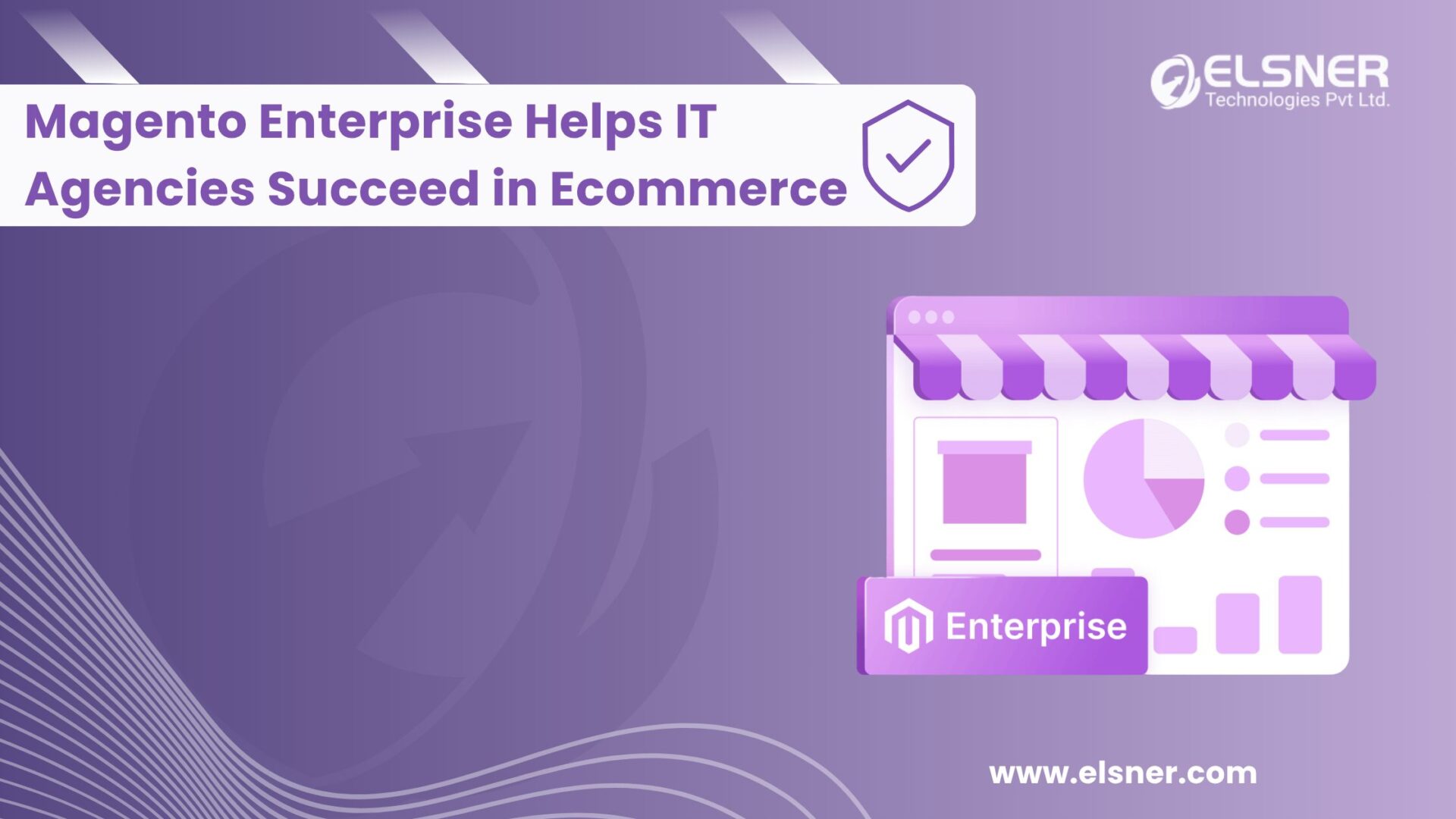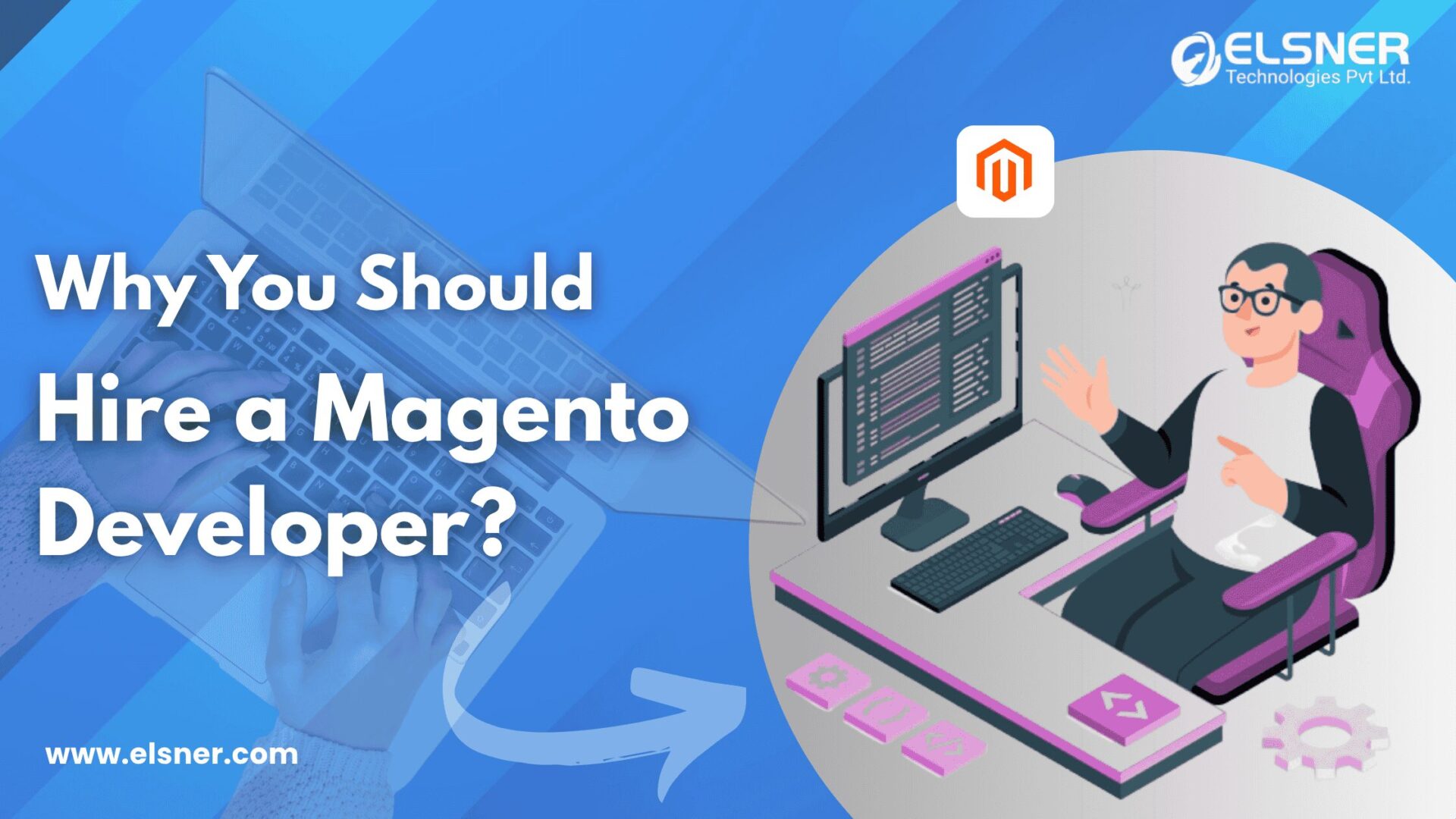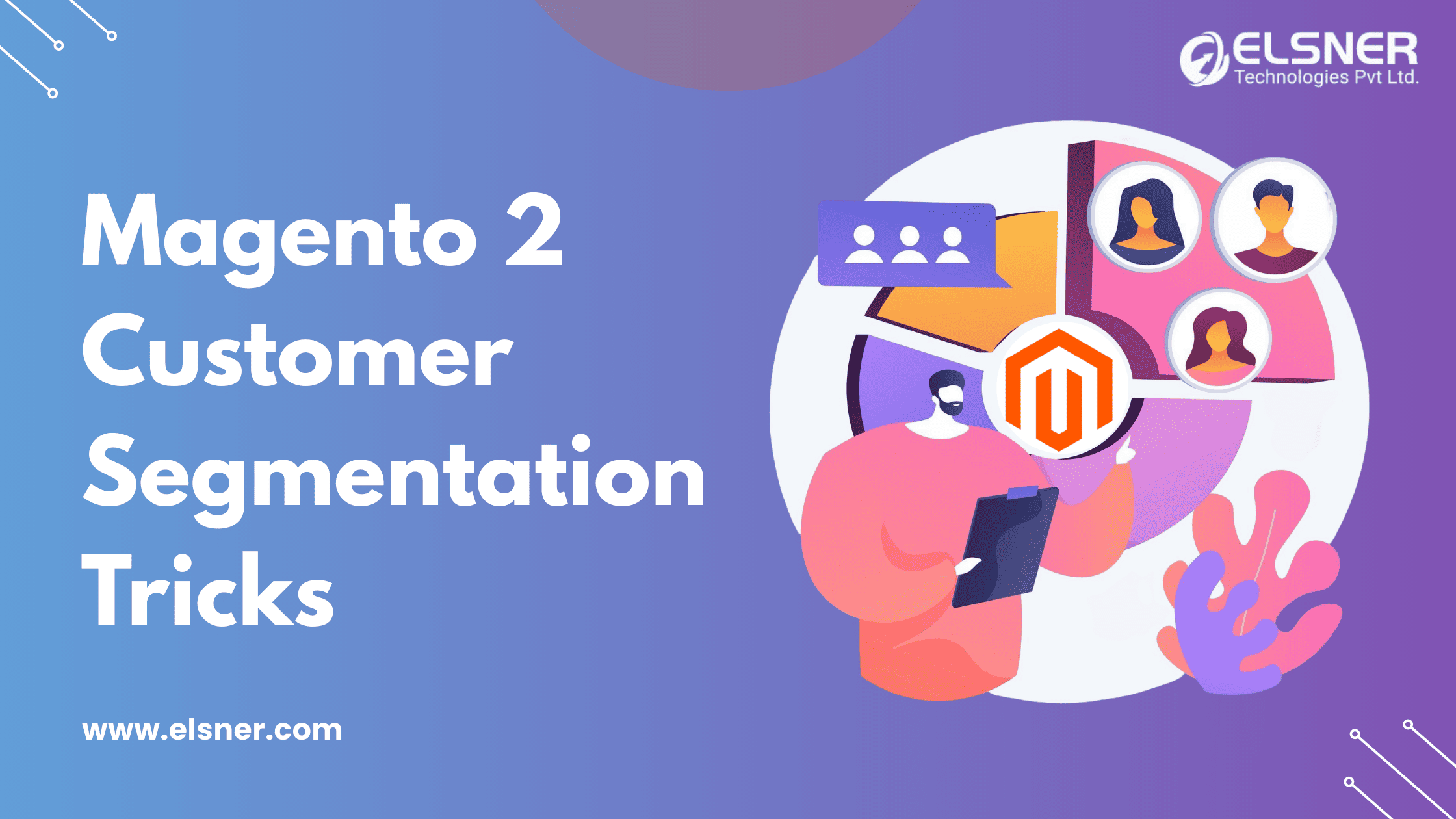- 1) Harshal Shah Interviewed Stefan Willkommer, Founder and CEO of TechDivision GmbH
- Q1. We would like to know more about how you view the future of Magento commerce Cloud?
- Q2. And what about Adobe experience? How is your experience with other solutions of Adobe?
- Q3. What do you think about marketo experience? Marketo is getting very popular in the marketing automation Industry. How do you look at that?
- Q4. What do you think about the German market? As India is a hub of Magento developers and German is a growing economy.
- Q5. You did a fantastic session on how Indian people can serve in the German market. In 2007, you were a Magento developer and how soon you have reached the next level and reach an entrepreneurial role. Please share your experience with the European market in terms of eCommerce growth?
- 2) Harshal Shah Interviewed Vinai Kopp, a Magento Master, Magento Trainer, Consultant and Author
- Q1. How do you see What would be Magento futures as per the developer point of view. What are the upcoming features gonna be there?
- Q2. How do you see typescript/headerless scripting future with Magento?
- Q3. What are the Best Practices Magento developers should follow?
- Q4. What do you need to take care of while Migrating from 1.9 to 2.3 or later.? Or from Shopify to Magento 2.3?
- 3) Harshal Shah Interviewed Miguel Balparda, a Senior Magento Developer in Nexcess
- Q1. Good Afternoon. This is Harshal Shah. I just want to know what do you think about Magento 2 especially when Magento 2.3 is just around the corner. From the developer’s perspective, what are the best practices that the developers should follow?
- Q2. What do you think about the PWA? Since the last two conferences, I heard Magento is becoming more of a PWA. So, how do you look at PWA at the Magento?
- Q3. What do you think about Magento Commerce like as community – commerce and enterprise? How do you see the market of Magento commerce?
- Q4. Right now Adobe has acquired Magento it was expected to go for more marketing automation and lots of other tools to be implemented in Magento and selling the license of it. So, as a nexus how do you play? Are you also into marketing automation?
- Q5. As per the Nexus, now the AWAs is also a big competitor to you so how is Nexus better than AWAs from Magento’s perspective?
Harshal Shah’s quick chat session with some of the “big brains” pioneering in Magento domain.
1) Harshal Shah Interviewed Stefan Willkommer, Founder and CEO of TechDivision GmbH
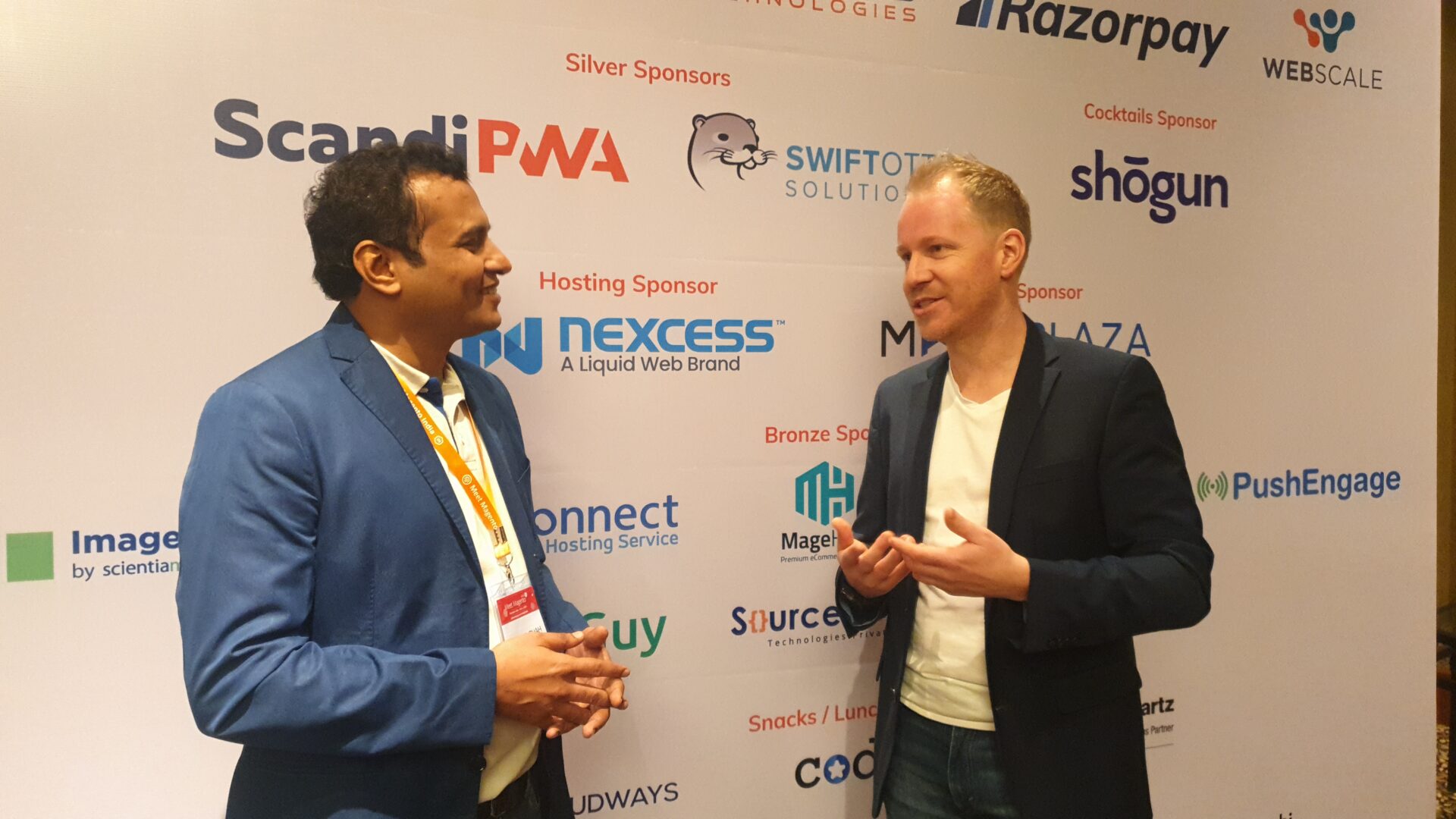
About Stefan Willkommer: CEO at TechDivision GmbH, Stefan has more than 15 years of experience in the E-commerce domain. He is an outspoken evangelist for open source and supports various brands for their Omnichannel and eCommerce activities. Speaker at international conferences for digitization in commerce and company transformation in the new work environment.
Questions Asked by Mr. Harshal shah.
Q1. We would like to know more about how you view the future of Magento commerce Cloud?
Stefan Willkommer: I think if you look at Magento commerce cloud from the perspective of the last few years Magento cloud has done a really outstanding development. In the US, we have won a lot of new clients. In Germany, it’s a little bit more difficult but I see an increase in cloud usage over the last 12 months so I think there will be more and more movement in the next year so it will definitely be a nice future definitely.
Q2. And what about Adobe experience? How is your experience with other solutions of Adobe?
Stefan Willkommer: For us, the Magento Adobe was a really great one. Because our product portfolio is now much bigger so we can deliver our client with another set of Adobe products much more valuable and much better experienced. I think, for example, we get in a situation with Adobe Experience Manager and Content Management System (CMS), it’s a great asset when you think about having an eCommerce approach where Magento is only used as an older engine and you have AM as the customer experience from and integrated with target for example, for personalization. Based on Adobe Sense there are so many new opportunities for us in the Magento Community and also the whole ecosystem where we can leverage it with the Adobe portfolio. I think it’s great. The future is bright with that.
Q3. What do you think about marketo experience? Marketo is getting very popular in the marketing automation Industry. How do you look at that?
Stefan Willkommer: It’s a good value of Adobe experience platform as they already viral more content optimization tool. Its more audience Targeted optimization and especially when Magento is moving into B2B businesses which can bring more value to that.
Q4. What do you think about the German market? As India is a hub of Magento developers and German is a growing economy.
Stefan Willkommer: For me, I have not worked with Indian companies for quite a while. However, I have Indian friends who are quite nice to me. I think what is happening is people have been telling me that the level of Magento expertise in India is increasing tremendously. Industry is getting change. The level of expertise that they bring was great. I mean that’s at least that is what I felt. The investment view is changing and it will affect the relationship between German companies and providers. I think it’s getting more and more closer together. This is anyone how globalization has its effect everywhere. Cultural awareness needs to be taught about when we talk about globalization.
Q5. You did a fantastic session on how Indian people can serve in the German market. In 2007, you were a Magento developer and how soon you have reached the next level and reach an entrepreneurial role. Please share your experience with the European market in terms of eCommerce growth?
Stefan Willkommer: The European market, I mean at least the German market is already I would not say super mature. But, I would say they are quite mature out there. But there is a different areas/niche where there is a space or scope of improvement and also room for growth. I have to say there are other markets in Europe which are I would say virgin especially if you look to Eastern Europe that’s what I have also heard from people of Adobe a Magento that the market is kicking off. Their sales are getting better and better. The growth rates are really nice. I think, there are a few minor spots where you can get into and there is an opportunity still and in the German economy there’s still a lot of growth possibility in the eCommerce space.
2) Harshal Shah Interviewed Vinai Kopp, a Magento Master, Magento Trainer, Consultant and Author
About vinai kopp: Freelance Web Developer since 1998, Magento Certified, Member of the Magento Certification Board, 2 time Magento Master. Author of the Magento 1 developer book “Grokking Magento”. He is currently working as a freelance developer, consultant and trainer.
Q1. How do you see What would be Magento futures as per the developer point of view. What are the upcoming features gonna be there?
vinai kopp:
I have no information about the new features.
There would be a huge demand for Magento developers as this technology is growing very rapidly. There would be more and more enterprise people who are gonna use it. The demand for big Magento agency would increase in comparison to small freelancing work. You can also see the rise in demand as per the different geographical areas.
As it is a very mature enterprise platform, the expert team has to take care of it very wisely. In regards to the development perspective, the front check is completely changing the backend part, therefore, distributor server, search stats, and architecture documents are likely to get improved and updated. Due to the implementation of the repository pattern in PHP, there is a lot of exciting things coming in the future.
Q2. How do you see typescript/headerless scripting future with Magento?
vinai kopp:
I have my own thought on it. Most merchants I talk, they are least bothered about it.
Instead of this, they want to invest in bigger issues and features. The customers who are looking for 3rd party integration are only interested in headerless scripting in Magento. When it comes to E-commerce business, there is no such demand as per now.
For me rendering non-headless instances are more important in the upcoming time. There would be a need for side-by-side improvement in the technical aspect. The improvement must be parallel. The demand for Magento will be more for technical experts.
Q3. What are the Best Practices Magento developers should follow?
vinai kopp:
It is expensive to change and upgrade the working pattern in Magento. So I would recommend, instead of doing things fast, do the right thing at the right time. Slowly look at the architecture and then work on it. It makes a lot of sense to work carefully rather than working rapidly. Do it correctly! Magento is a long-term framework and one cannot quickly sort out things.
It is a very capable and robust system. It’s not that you can quickly work on it and change the working pattern if it does not give tangible results.
Take your time to do the right things. It is also dependent upon different individuals. Make sure You understand the requirement clearly, work on prototype may be. If you try to fix things in the later part, it could be quite expensive for you. As you have to rework in the end, that’s gonna be expensive.
Q4. What do you need to take care of while Migrating from 1.9 to 2.3 or later.? Or from Shopify to Magento 2.3?
vinai kopp:
I have not done much of that. I did two migration where I was heavily involved. In both cases, it was quite a cool journey. At one point of time, few departments of businesses lose faith in the Magento Migration process because their current running business was on legacy platforms.
Also, there was a stretch of six months in the development process while taking care of Migration. But it is good to tell the clients upfront that it will take 6-8 months time. Some would also say that it could be have done earlier but that won’t be the case. Even though there would be some changes required in the current platform, the new development framework must not be integrated into the old one. We did more and more work in Magento 2.
Finally, we did both Magento migration successfully and even the clients got happy. The migration always depends on the project you are working on.
3) Harshal Shah Interviewed Miguel Balparda, a Senior Magento Developer in Nexcess
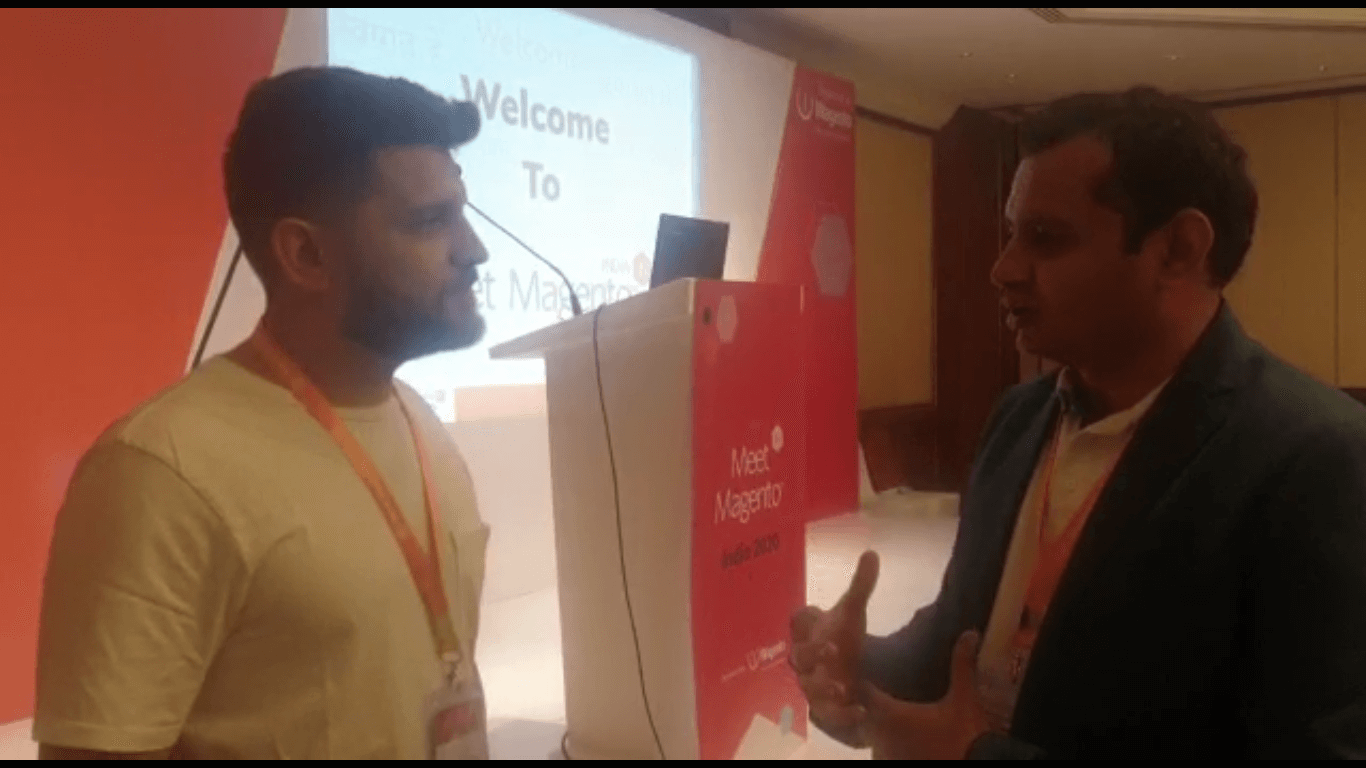
Q1. Good Afternoon. This is Harshal Shah. I just want to know what do you think about Magento 2 especially when Magento 2.3 is just around the corner. From the developer’s perspective, what are the best practices that the developers should follow?
Miguel Balparda:
Well, I think 2.3 has been quite impressive because it has the best of their features that we are trying to get into the platform. Like, I know Magento 2.2 was not that good, 2.1 was better, 2.2 was okay. I know I would say 2.3 is the first thing relatively we have out there I think so the best practices are trying to well it’s pretty much are the same as donating the code, trying to make the module 5 as dependent as module 6. These are some of the things that you should do but the most important thing I would say is donating the code, you know that.
Q2. What do you think about the PWA? Since the last two conferences, I heard Magento is becoming more of a PWA. So, how do you look at PWA at the Magento?
Miguel Balparda: It’s really been an interesting journey so far with a new UI because none of you really understands what that means? We keep seeing deep curiosity about PWA studio, and PWA studio is not a theme, it’s not a frontier. It’s not a storefront. PWA Studio is a set of tools that you can use to create your own storefront. And that’s kind of weird because people sell PWA studio and you know you do not sell PWA studio, you sell billions storefront. It’s a different thing so but I feel there is a need for more education. People don’t understand about PWA and they think everything is PWA but when everything is PWA but nothing is PWA. So, it’s kind of hard. We have been seeing a lot of new inquiries about that but it’s like I think there is still need more time for that to even more about you. And maybe it is the year of PWA. After all
Q3. What do you think about Magento Commerce like as community – commerce and enterprise? How do you see the market of Magento commerce?
Miguel Balparda: We don’t do many enterprise deals mostly because you can get that out from the Magento cloud. So, I don’t much to say over there, sorry.
Q4. Right now Adobe has acquired Magento it was expected to go for more marketing automation and lots of other tools to be implemented in Magento and selling the license of it. So, as a nexus how do you play? Are you also into marketing automation?
Miguel Balparda: No, we are trying to do hosting basically and I do think Magento has an Adobe market, bigger deals, maybe like not as many deals that we are used to but probably bigger like brands I think that’s the Adobe wants. I don’t think that is what Magento we want? So, there is going to a real big difference between Adobe deal using Adobe commerce and Magento deal using Magento commerce. It’s going to be really interesting how that works out. Mostly because we are used of this type of deal which is a kind of eCommerce in the centre. And with Adobe eCommerce is not the same. They have Marketo, they have Magento, they have the Adobe enterprise, Adobe experience manager. So, it’s just a different system. And we need to understand that. It is not going to be the same as Magento 1 times.
Q5. As per the Nexus, now the AWAs is also a big competitor to you so how is Nexus better than AWAs from Magento’s perspective?
Miguel Balparda: That’s a brilliant question mostly because we do manage hosting and when you go and buy a server from Amazon. They will say okay here’s your server and that’s it. You cannot only buy your server, you require MySQL inside like ADS. You can find everything inside. It’s a very good system. But really need to know what you are doing and most of the time, in my experience, people don’t know how to manage a server because it’s just like spinning up or spinning on an instance like okay “sudo” install something. That’s not how it works. You need to maintain that server. It’s not like that you have to install it. you still need to take care of it. You have to maintain that. You have to keep that updated. You have to understand how the application works, when it comes with the operating system. And that’s why I think Nexcess takes a big role. And mostly because it is managed servers versus unmanaged servers.Thank you for your time!

About Author
Harshal Shah - Founder & CEO of Elsner Technologies
Harshal is an accomplished leader with a vision for shaping the future of technology. His passion for innovation and commitment to delivering cutting-edge solutions has driven him to spearhead successful ventures. With a strong focus on growth and customer-centric strategies, Harshal continues to inspire and lead teams to achieve remarkable results.

